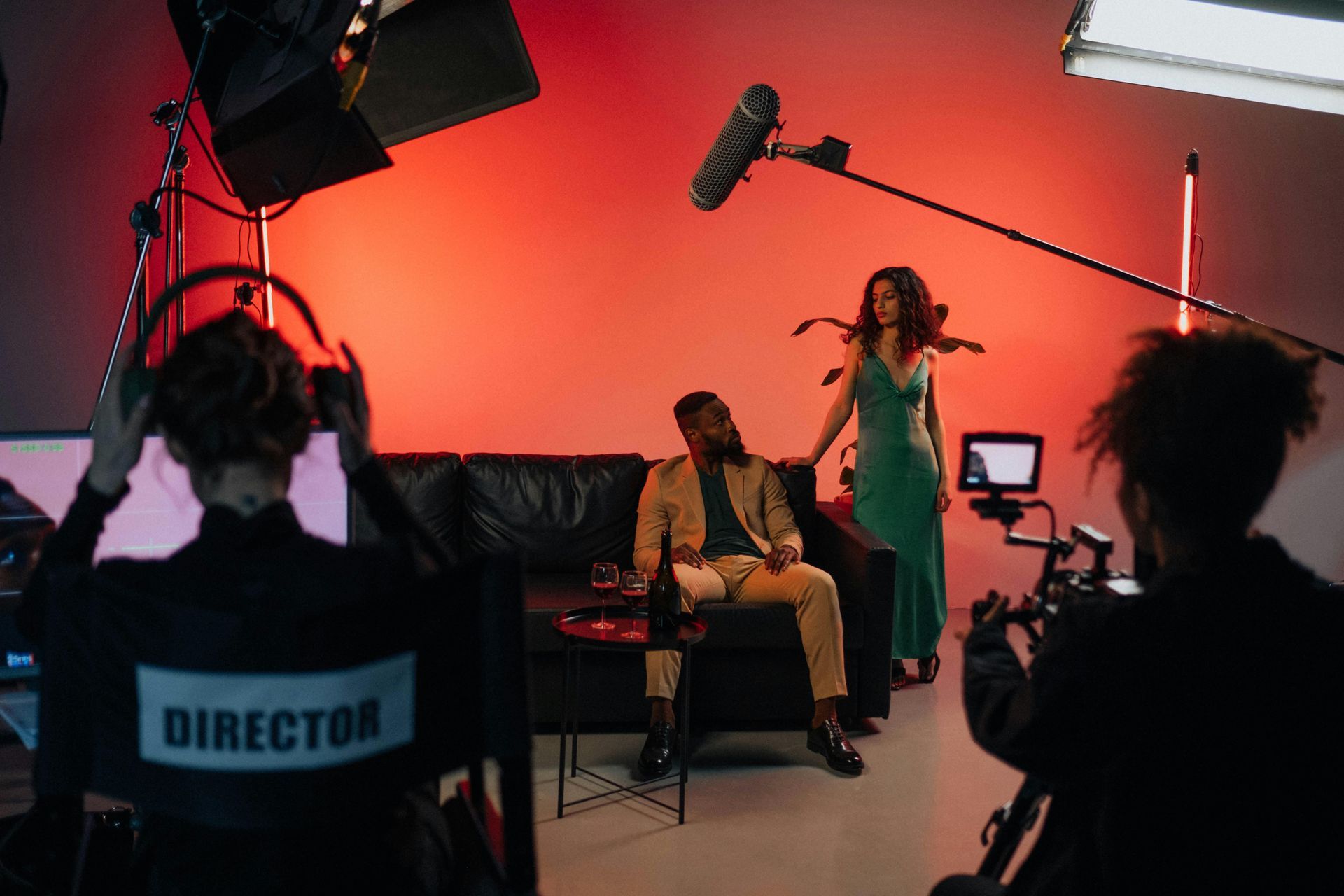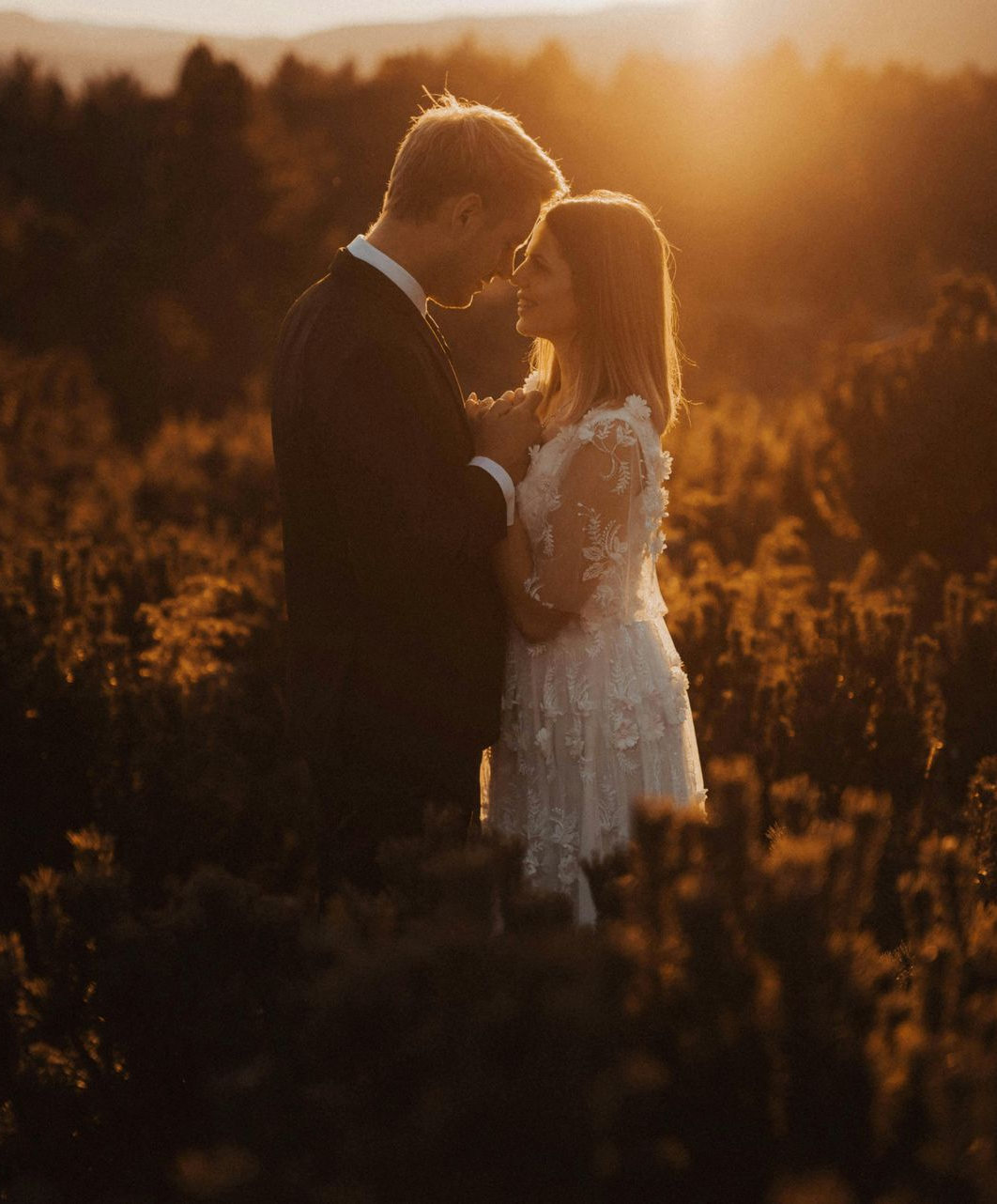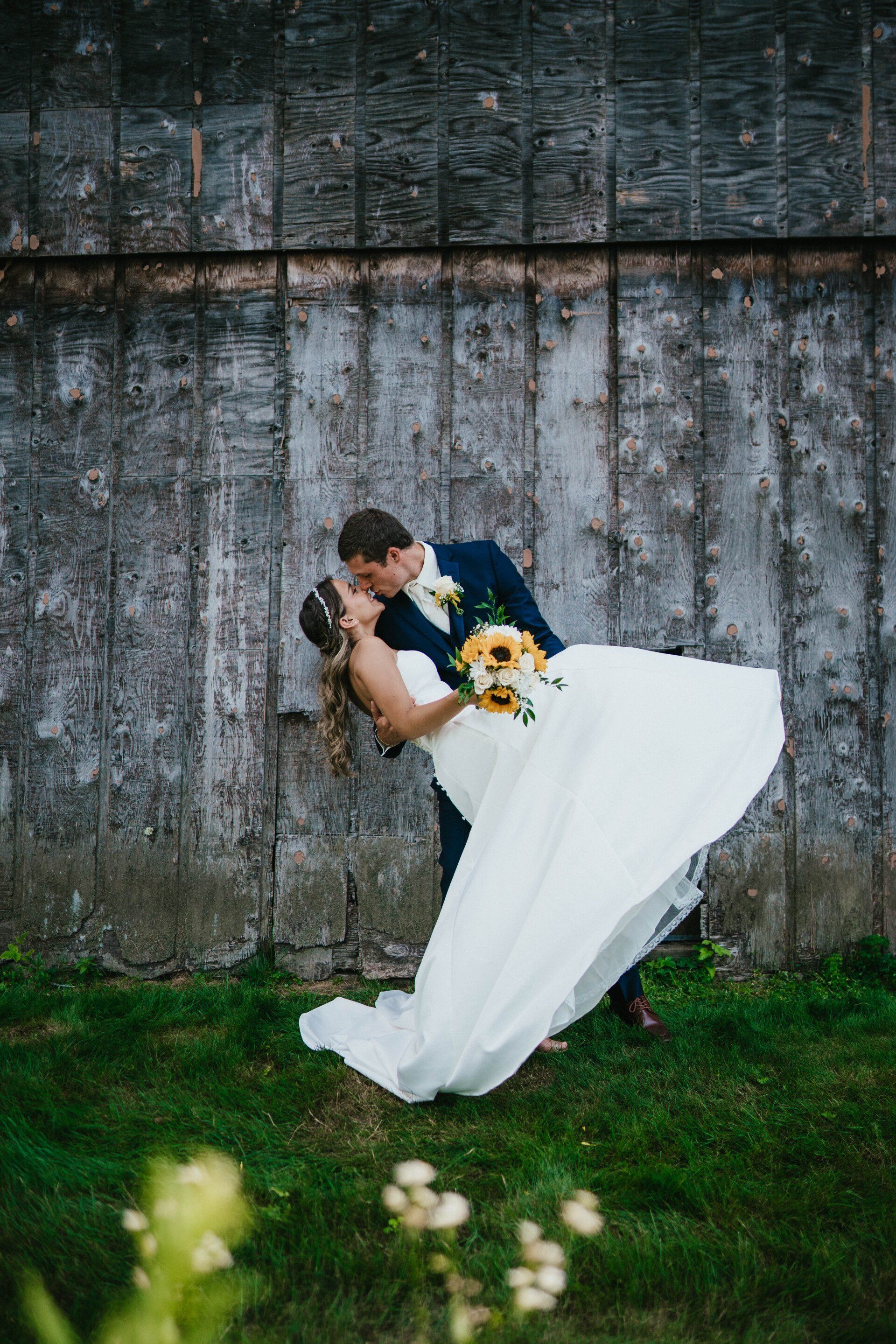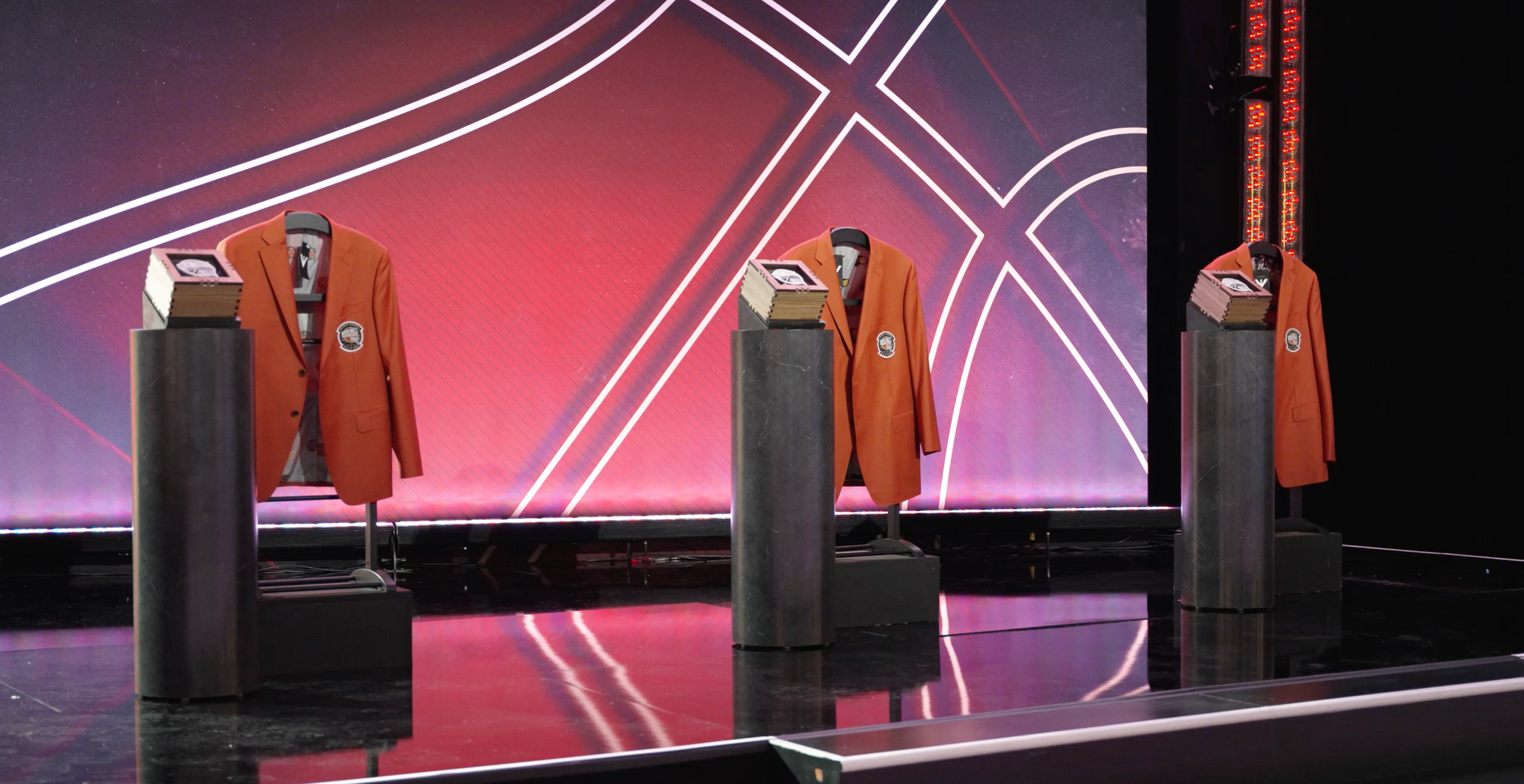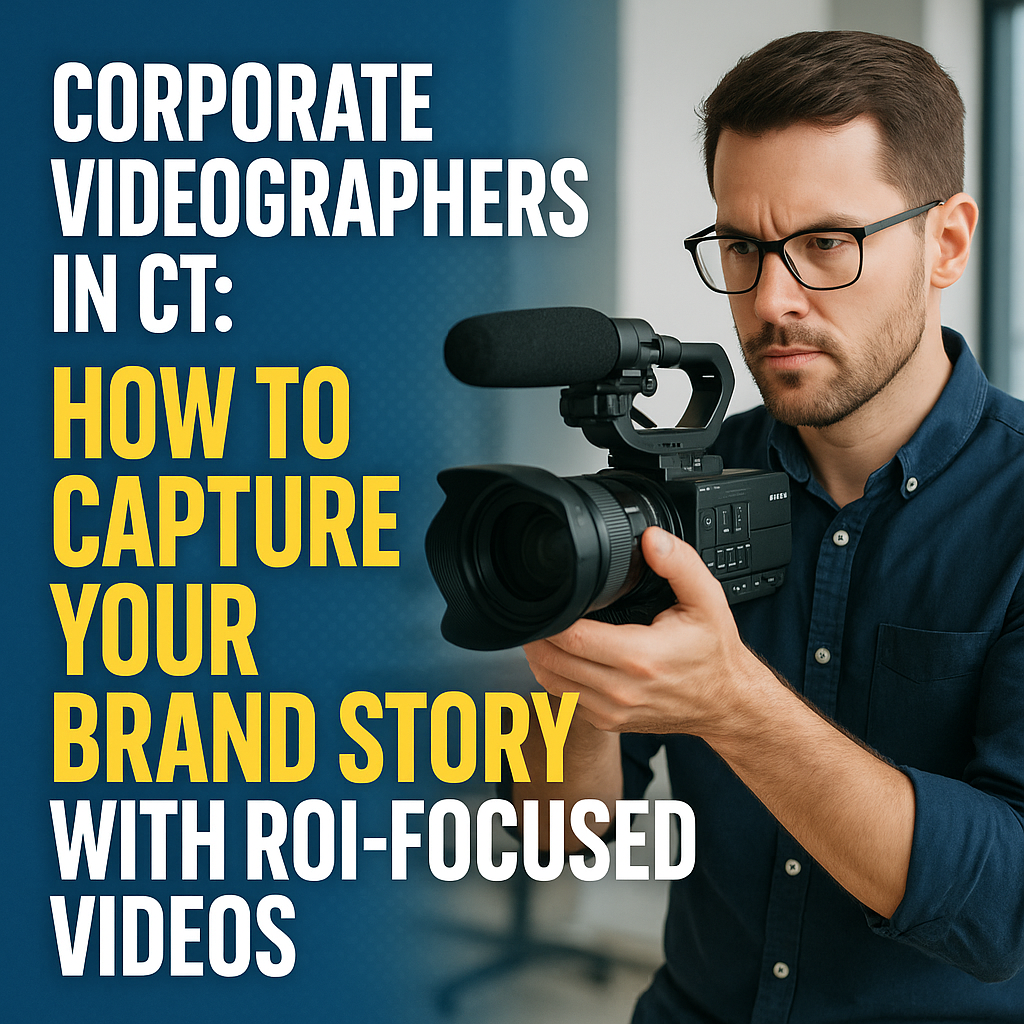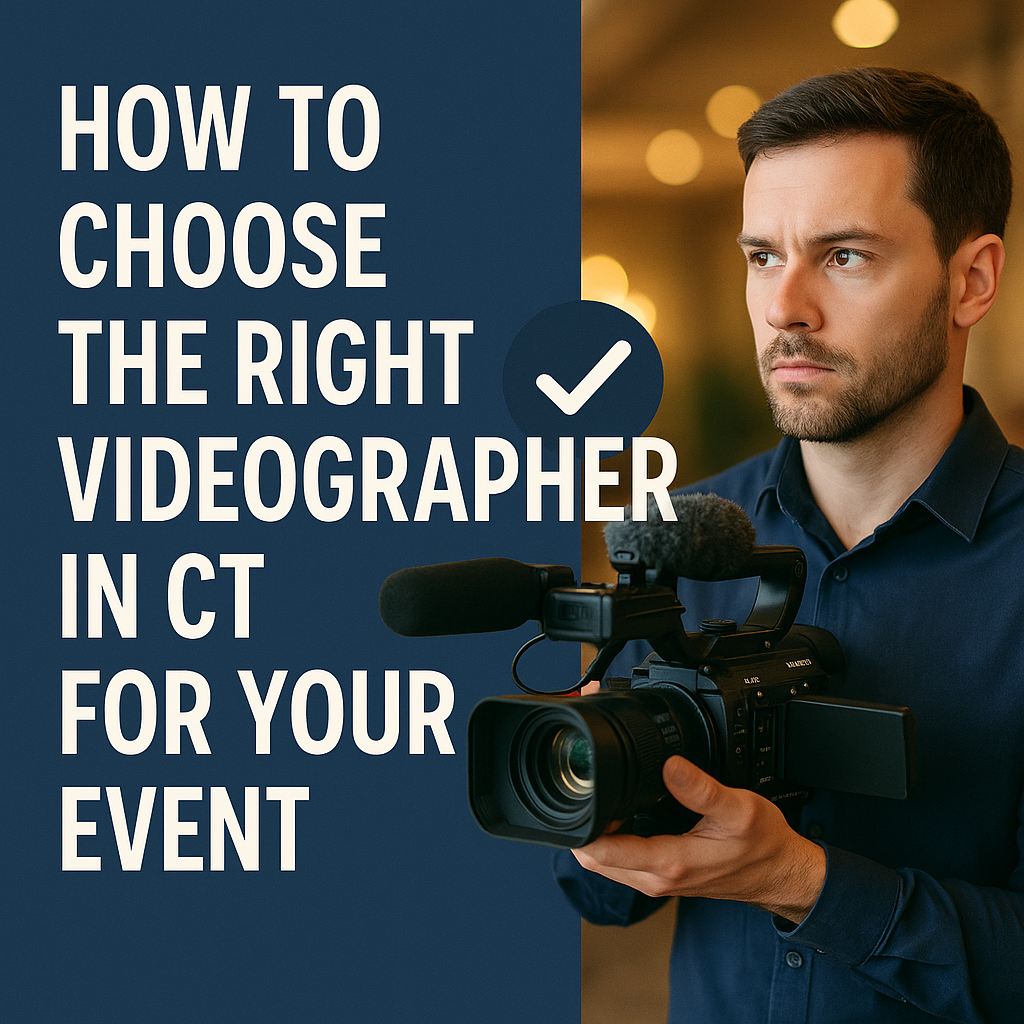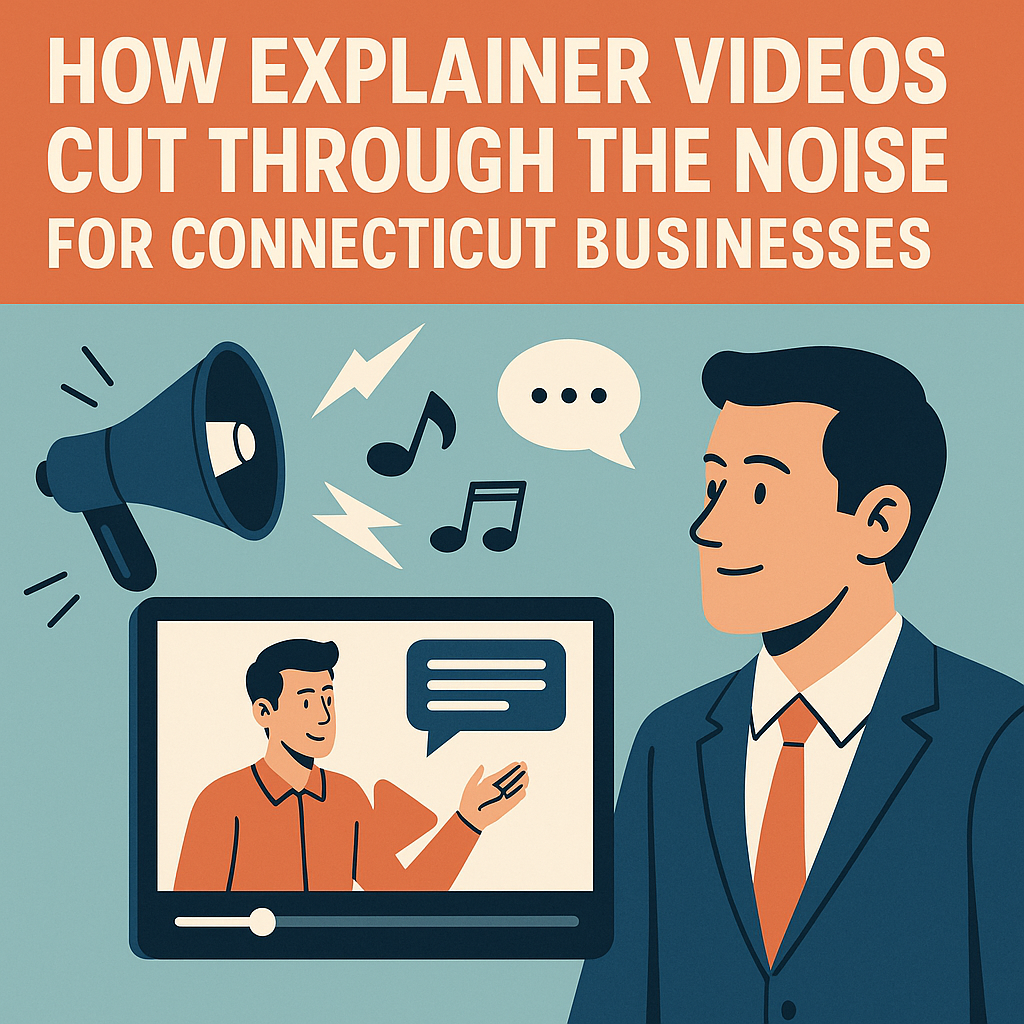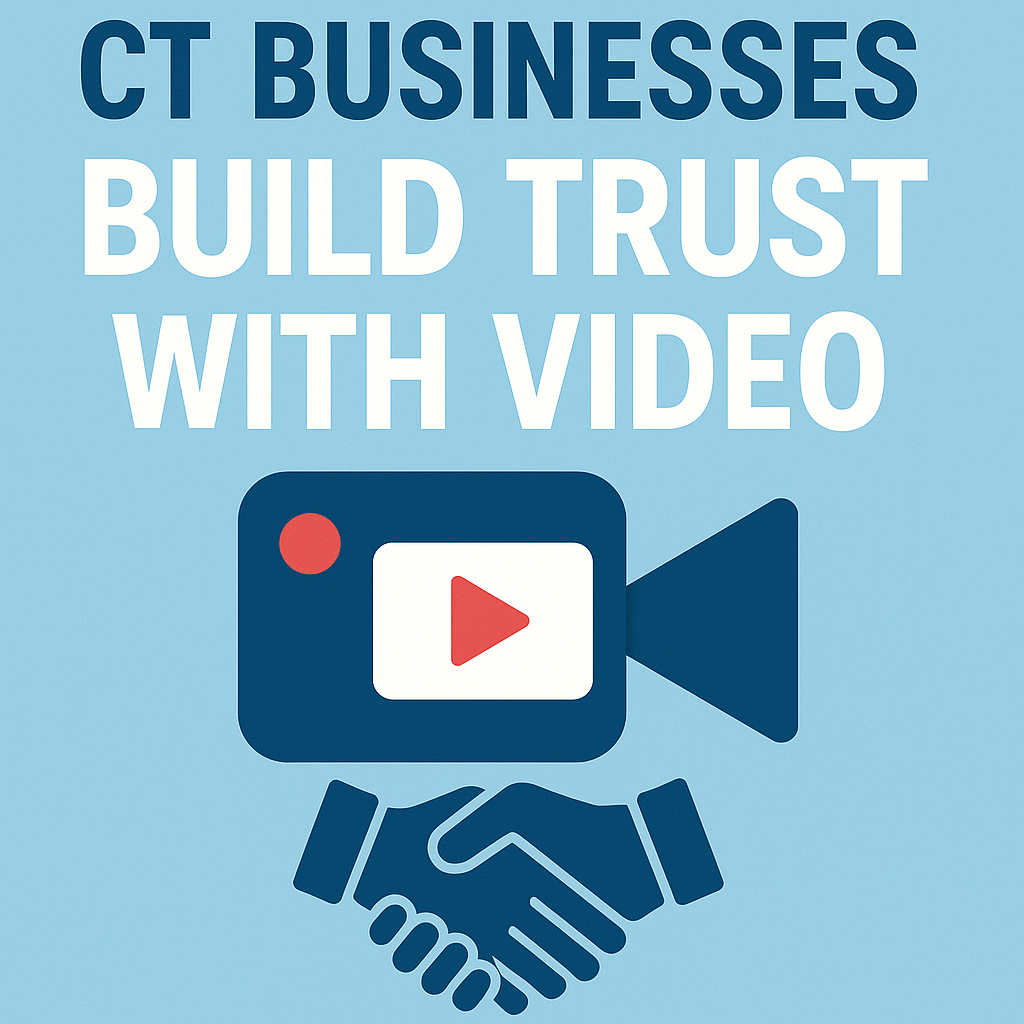How Is Wedding Videography Different from Photography?
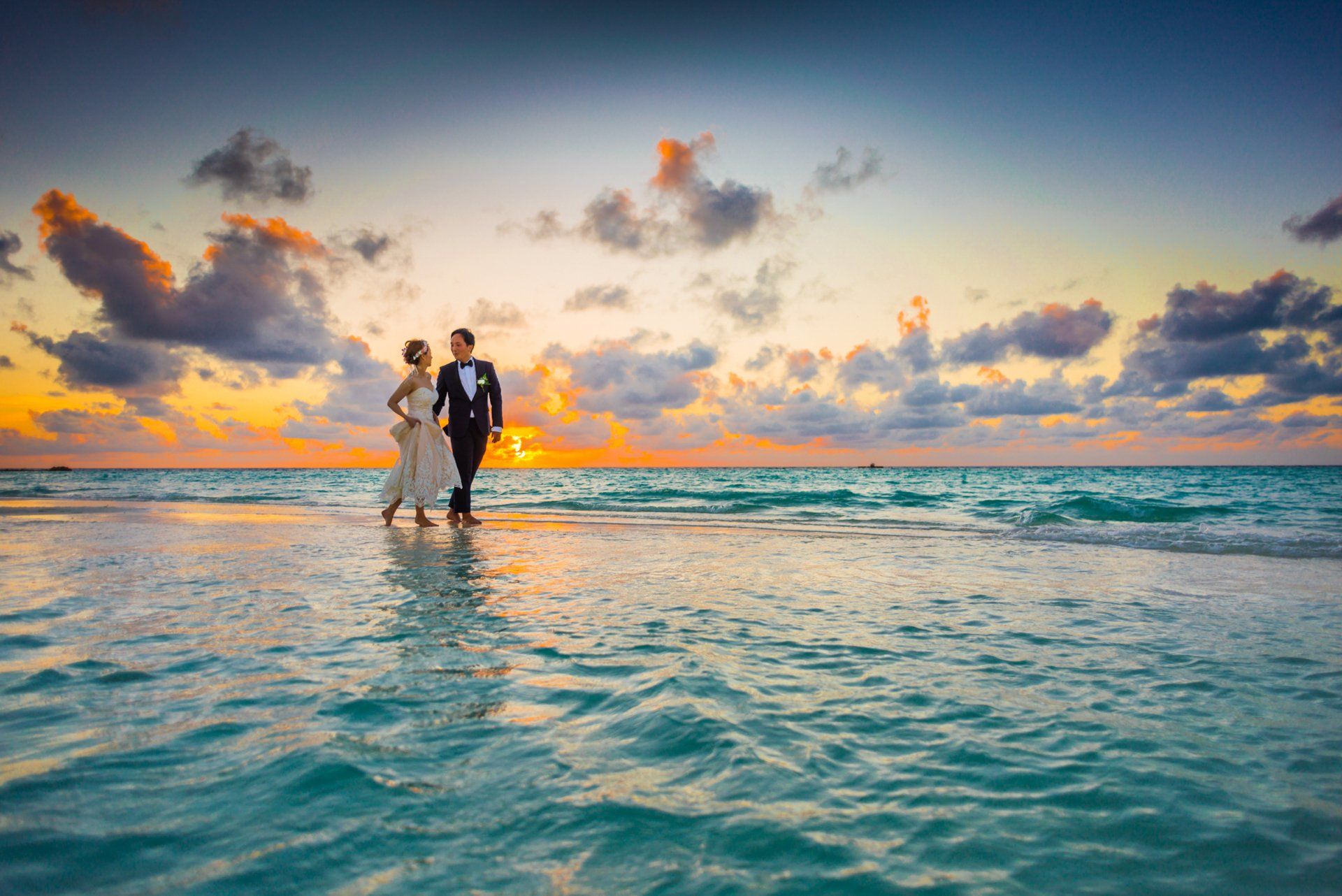
Wedding Videography vs. Photography: What You Need to Know
When planning a wedding, one of the biggest decisions couples face is whether to invest in photography, videography, or both. While both serve the purpose of capturing the day’s most beautiful moments, they do so in very different ways. Photography freezes time, preserving key moments in still images, while videography brings those moments to life, allowing couples to relive their vows, laughter, and dance floor celebrations.
So, how exactly does wedding videography differ from wedding photography, and why do many couples choose both? Let’s break it down.
Capturing Your Wedding: Still Images vs. Motion Memories
1. The Core Difference: Motion vs. Still Moments
- Photography captures single moments. Each image is a still frame, telling a story through a frozen moment in time. A great wedding photo conveys emotion, but it relies on context, composition, and lighting to do so.
- Videography captures movement and sound. A wedding film brings the entire scene to life, including the words spoken, the music played, and the reactions of loved ones.
- Example: A photograph of your first dance shows the romance, but a wedding video lets you relive the moment, hearing the song playing and seeing your movements in sync with the music.
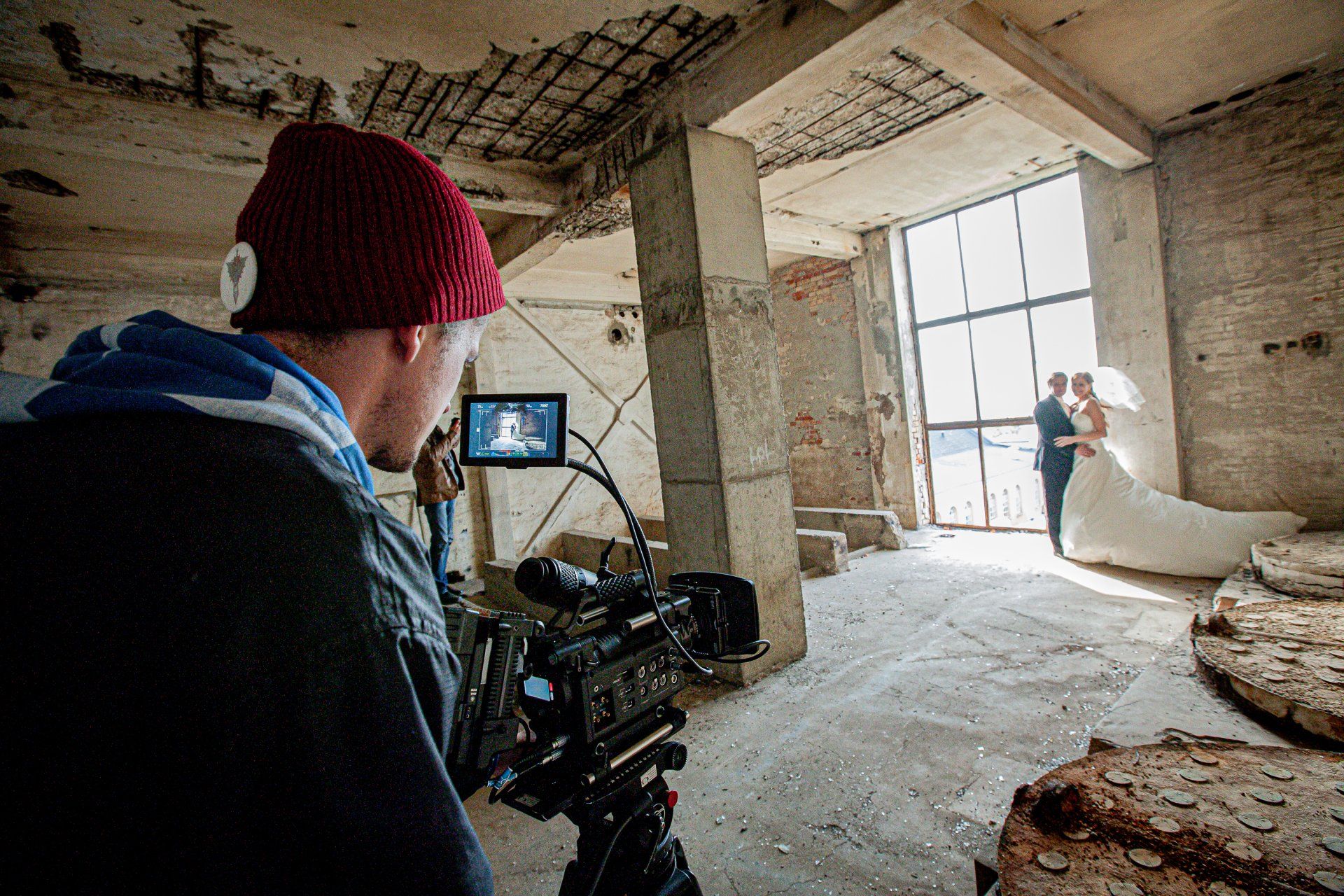
2. Emotional Impact: What Each Medium Captures
- Photography excels at storytelling in a single frame. A well-composed wedding photo can encapsulate love, happiness, or even joyful tears in an instant.
- Videography allows for a deeper emotional experience. With sound, motion, and transitions, videography brings emotion to life in a way that a single image cannot.
- Example: A photographer captures your parents’ reaction as you walk down the aisle. A videographer records the moment they whisper, “She looks beautiful.”
3. The Role of Audio: Hearing the Moments That Matter
- Wedding photography cannot capture sound—it only provides a visual representation of your day.
- Wedding videography captures everything: your vows, speeches, first dance song, and the heartfelt toasts from loved ones.
- Example: A picture of your best man’s toast is memorable, but hearing his voice crack with emotion as he tells a heartfelt story in your wedding film is unforgettable.
4. The Experience of Viewing: Instant vs. Long-Lasting
- Photos are instantly viewable: You can flip through an album, scroll through an online gallery, or hang a framed image on your wall.
- Videos require time to watch: A wedding film is an experience, requiring you to sit down and relive the full event.
- Example: A wedding photo can be displayed on social media in seconds, while a wedding film takes time to enjoy—but delivers a deeper, more immersive experience.
5. Editing Styles: How Final Products Differ
- Photography editing focuses on color correction, retouching, and enhancements to make images crisp, professional, and visually striking.
- Videography editing involves storytelling, using cinematic cuts, transitions, music, and special effects to bring the wedding day to life.
- Example: A wedding photographer may edit an image to adjust lighting, but a videographer crafts a wedding film that unfolds like a movie, complete with soundtracks and voiceovers.
6. Budget Considerations: Is One More Expensive?
- Photography is generally more affordable because it requires fewer resources (single-camera setup, no need for audio recording, and simpler post-processing).
- Videography often costs more due to the need for multiple cameras, professional audio equipment, and extensive post-production editing.
- Example: A photographer may deliver 500+ images, while a videographer creates a 5-15 minute highlight film and a full-length documentary edit, requiring much more production time.
7. Sharing with Family & Friends: Convenience vs. Engagement
- Photos are easier to share—they can be uploaded instantly to social media, emailed, or printed.
- Videos are more engaging—while they take longer to watch, they provide a full immersive experience.
- Example: A single wedding photo gets hundreds of likes, but a well-made wedding film brings tears to the eyes of those who couldn’t attend.
8. The Technical Side: Equipment & Skills Required
- Photographers rely on DSLR and mirrorless cameras with high-quality lenses to capture still images in different lighting conditions.
- Videographers use stabilizers, drones, and professional audio gear to capture smooth footage with crisp sound.
- Example: A photographer can take a great shot of the ceremony, but a videographer uses multiple camera angles to capture the groom’s reaction, the vows, and audience emotions seamlessly.
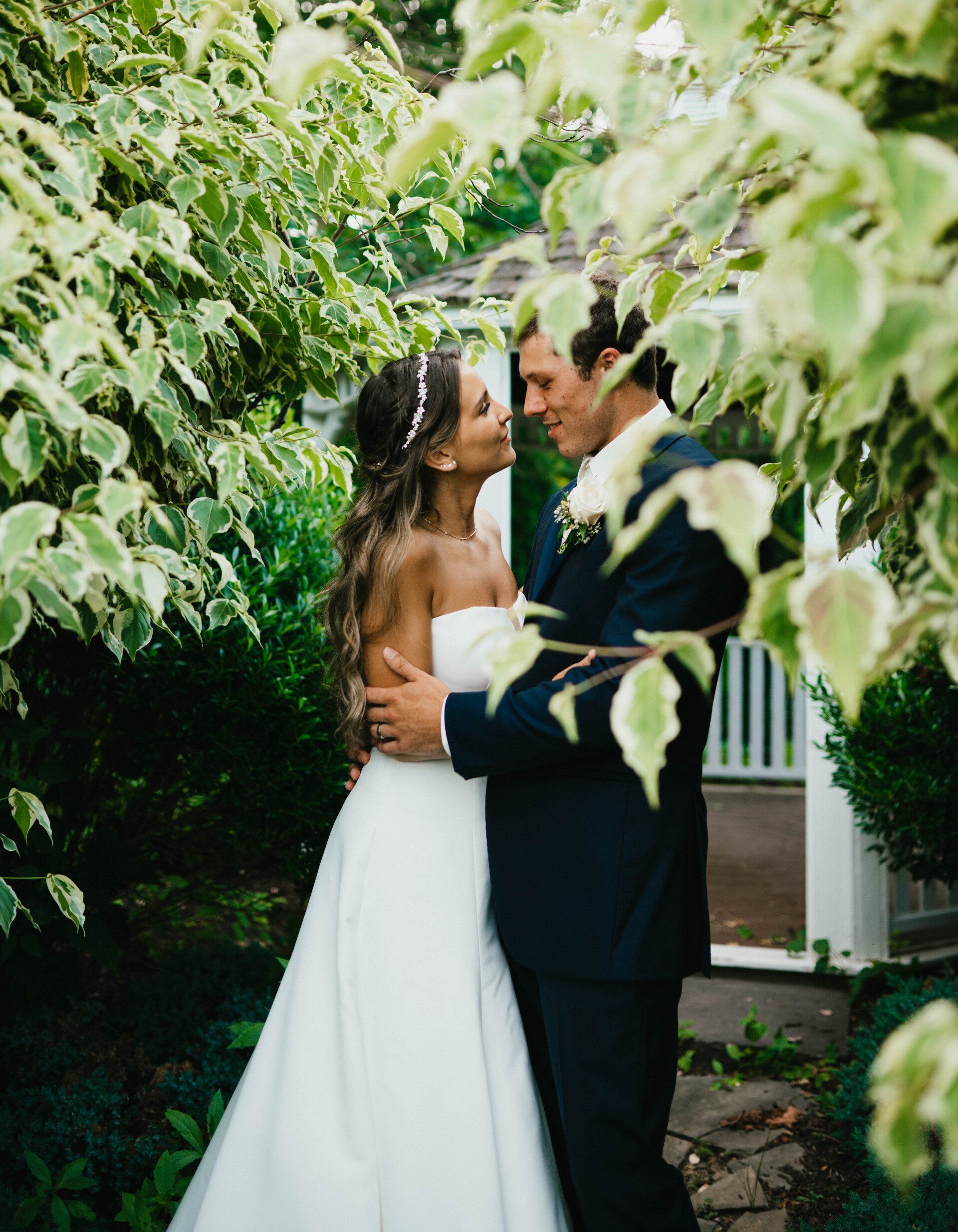
9. Do You Need Both? Why Many Couples Choose Both Photography & Videography
Many couples struggle with deciding whether to hire only a photographer, only a videographer, or both. Here’s why most couples now opt for both:
- Photography is timeless – A wedding album will always be cherished, displayed, and shared.
- Videography brings memories to life – No other medium captures the laughter, movement, and sound of your special day.
- Together, they tell a complete story – While photos capture stunning visuals, a wedding film lets you relive the entire experience.
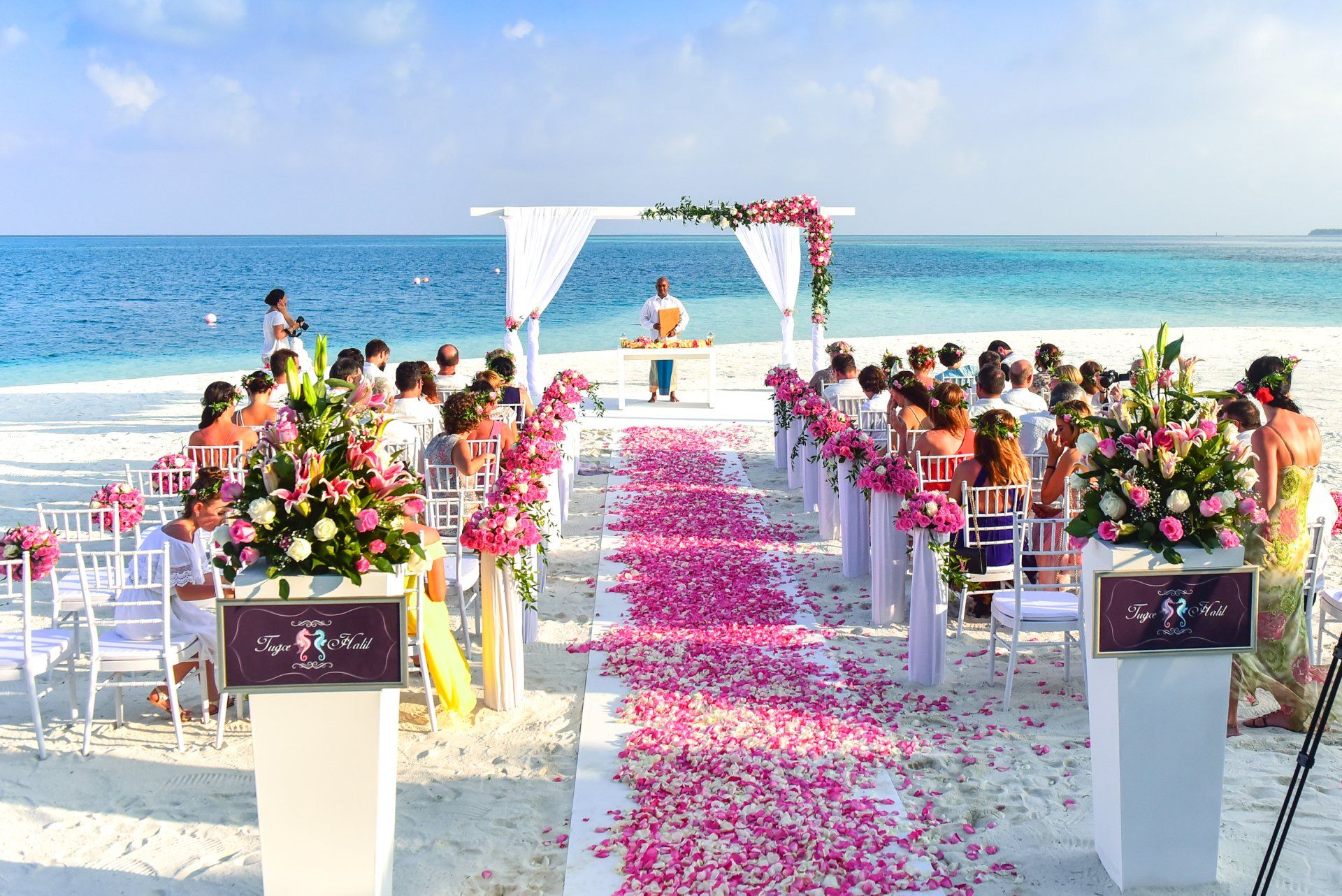
Final Thoughts: Choosing What’s Right for You
The decision between wedding photography and videography
comes down to personal preference and budget. If you can only choose one, consider what’s more important:
- Do you want high-quality, frame-worthy images? ✅ Choose photography.
- Do you want to hear your vows and watch your love story unfold? ✅ Choose videography.
- Do you want to preserve both still moments and motion for a full experience? ✅ Choose both!
Ultimately, your wedding day happens once—how you choose to capture it will define how you remember it forever.
📸 Looking for a wedding photographer or videographer? Contact us today to ensure your wedding memories last a lifetime! 🎥



